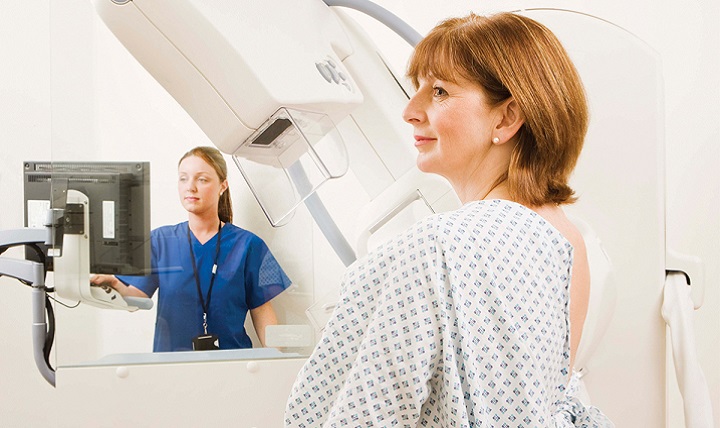Progress on equal access to healthy life at standstill across Europe: WHO
In the first-ever report of its kind, The Health Equity Status Report, authors share that in many of the 53 countries in the WHO European Region, the status of health equity has either gone unchanged or worsened, despite government efforts to address avoidable disparities.

Progress on equal access to a healthy life for all is at a standstill across Europe, a new report by the World Health Organization (WHO) revealed on Tuesday, despite there being a clear path to close gaps in national care.
In the first-ever report of its kind, The Health Equity Status Report, authors share that in many of the 53 countries in the WHO European Region, the status of health equity has either gone unchanged or worsened, despite government efforts to address avoidable disparities.
These challenges could be overcome “even within the lifetime of a national government of four years” said Dr. Zsuzanna Jakaba, WHO Europe’s Regional Director.
“For the first time, the Health Equity Status Report provides governments with the data and tools they need to tackle health inequities and produce visible results in a relatively short period of time,” she explained in a press statement.
Health equity, which the healthy agency defines as “the absence of unfair, avoidable differences among groups of people”, implies that ideally, everyone should have an opportunity to attain their full health potential.
The report also highlights new and emerging groups at risk of falling into health inequality, and breaks down drivers of health inequality into five factors:
Income insecurity, accounting for 35 percent of the burden of inequity.
Poor living conditions, contributing 29 percent.
Around 19 percent can be attributed to social factors including feelings of isolation and resistance to asking for help.
Access to good quality service accounts for 10 percent.
And seven percent is down to employment insecurity.
Dr. Jakaba said the Report explains how to achieve health equity and bring “positive change” to the European region. “Through this effort, we can achieve the Sustainable Development Goals (SDGs), particularly Goal 10 on reducing inequity—the only goal which is not improving in our region,” he maintained.
On 23 September, kicking off the General Debate among the UN Member States in New York, a high-level meeting on universal health care (UHC) will be held at the UN General Assembly. Heads of State, political and health leaders, policy-makers and UHC champions will come together to advocate for health for all.
ALSO READ
EXPLAINER-Sudan's conflict: Who is backing the rival commanders?
Health News Roundup: Peru's dengue deaths triple as climate change swells mosquito population; 'Time running out' in war-torn Sudan as access to aid restricted, WHO warns and more
Take action against traders who buy paddy for low price from farmers: T'gana CM
Need to fulfil certain requirements: MEA on 8th ex-Indian Naval officer who is still in Qatar
Need to fulfil certain requirements: MEA on 8th ex-Indian Naval officer who is still in Qatar










